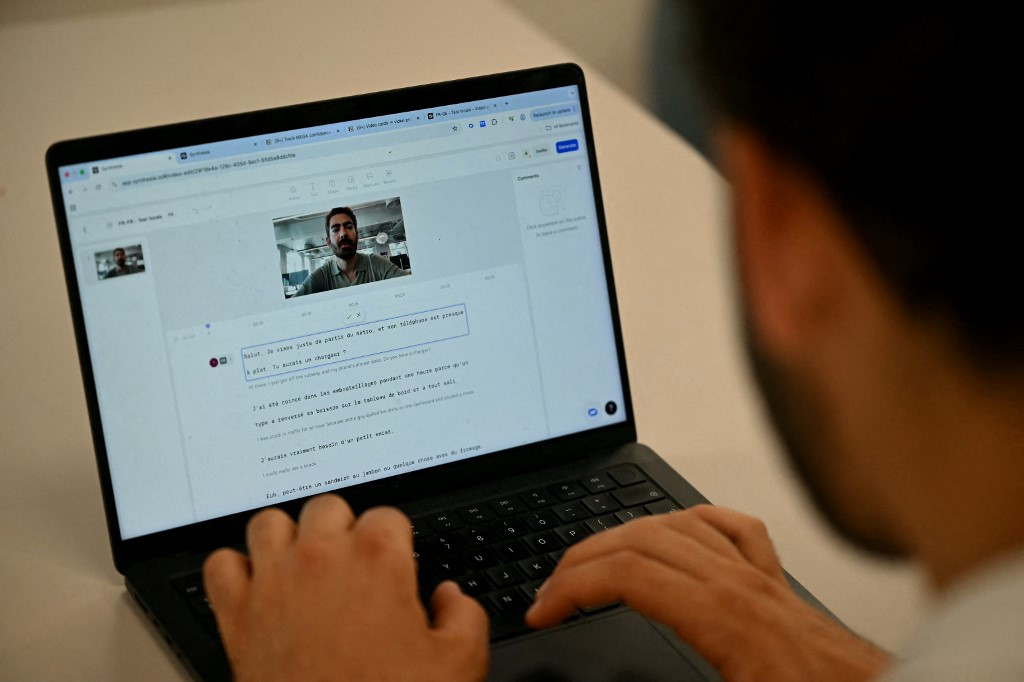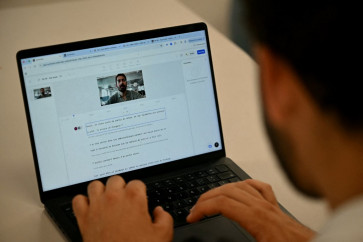Popular Reads
Top Results
Can't find what you're looking for?
View all search resultsPopular Reads
Top Results
Can't find what you're looking for?
View all search resultsCan democracy survive AI?
Today, ever-smarter algorithms increasingly predict and shape our every choice, enabling unprecedentedly effective forms of centralized, unaccountable surveillance and control.
Change text size
Gift Premium Articles
to Anyone
D
igital technology was supposed to disperse power. Early internet visionaries hoped that the revolution they were unleashing would empower individuals to free themselves from ignorance, poverty and tyranny. And for a while, at least, it did. But today, ever-smarter algorithms increasingly predict and shape our every choice, enabling unprecedentedly effective forms of centralized, unaccountable surveillance and control.
That means the coming AI revolution may render closed political systems more stable than open ones. In an age of rapid change, transparency, pluralism, checks and balances and other key democratic features could prove to be liabilities. Could the openness that long gave democracies their edge become the cause of their undoing?
Two decades ago, I sketched a “J-curve” to illustrate the link between a country’s openness and its stability. My argument, in a nutshell, was that while mature democracies are stable because they are open, and consolidated autocracies are stable because they are closed, countries stuck in the messy middle (the nadir of the “J”) are more likely to crack under stress.
But this relationship isn’t static; it’s shaped by technology. Back then, the world was riding a wave of decentralization. Information and communications technologies (ICT) and the internet were connecting people everywhere, arming them with more information than they had ever had access to and tipping the scales toward citizens and open political systems. From the fall of the Berlin Wall and the Soviet Union to the color revolutions in Eastern Europe and the Arab Spring in the Middle East, global liberalization appeared inexorable.
That progress has since been thrown into reverse. The decentralizing ICT revolution gave way to a centralizing data revolution built on network effects, digital surveillance and algorithmic nudging. Instead of diffusing power, this technology concentrates it, handing those who control the largest datasets, be they governments or big technology companies, the ability to shape what billions of people see, do and believe.
As citizens were turned from principal agents into objects of technological filters and data collection, closed systems gained ground. The gains made by the color revolutions and the Arab Spring were clawed back. Hungary and Turkey muzzled their free press and politicized their judiciaries. The Communist Party of China (CPC), under Xi Jinping, has consolidated power and reversed two decades of economic opening. And most dramatically, the United States has gone from being the world’s leading exporter of democracy, however inconsistently and hypocritically, to the leading exporter of the tools that undermine it.
The diffusion of AI capabilities will supercharge these trends. Models trained on our private data will soon “know” us better than we know ourselves, programming us faster than we can program them and transferring even more power to the few who control the data and the algorithms.



















